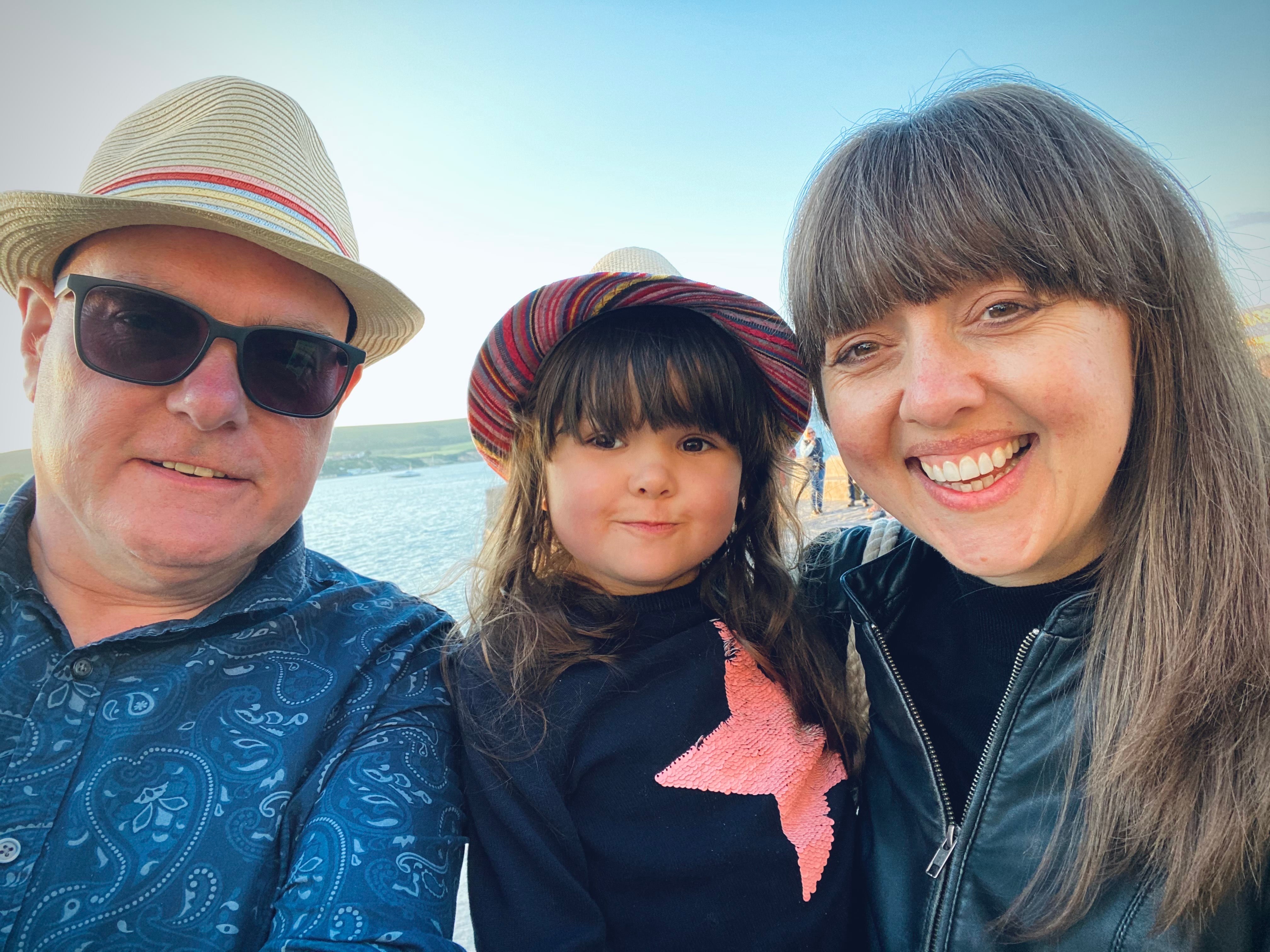How the pandemic changed me and my money
As furlough comes to an end, we examine the ways in which the extraordinary events of the past 18 months have altered our personal finances forever

You hardly need us to tell you that it’s almost 18 months since the first UK covid lockdown.
From those who lost their jobs and were furloughed or received the self-employed grant (SEISS) to those who weren’t able to access this government help and instead turned to benefits to tide them over, there are countless examples of lives being upturned completely.
Around 12 million people have been supported through furlough (which began to wind down in July and ends completely next month), costing the government £68.5bn.
In time there will be reports, investigations and analysis in respect of what this period has been like for us and what impact it will have on the future.
But there are also the human stories and experiences of lives changing overnight.
Beckie Shuttleworth, 39, left her full-time job in teaching in January 2020 to move to India to train to become a yoga teacher, and the day after she flew in to Delhi, the world shut down.
Originally, she had planned to return to the UK and work as a supply teacher while setting up her business, but she couldn’t because the schools were closed.
The Londoner was also excluded from furlough or the SEISS because she had no previous tax returns to submit.
She says: “I wasn’t entitled to any government support as I had no self-employment records.
“The last 18 months have been really tough financially, but I’ve been able to dedicate myself to my business completely without any distractions.”
Beckie, founder of SHINE Brightly, a yoga and meditation company, says she had to rely on her savings, overdraft, credit cards and her family for help when her income disappeared overnight, but although she doesn’t earn as much as she used to as a teacher, her income is improving.
“As long as you have your health, your family, a roof over your head and food in the cupboard, everything is ok,” she adds.
Get a free fractional share worth up to £100.
Capital at risk.
Terms and conditions apply.
ADVERTISEMENT
Get a free fractional share worth up to £100.
Capital at risk.
Terms and conditions apply.
ADVERTISEMENT
Keith Grinsted, 68, founder of the website Goodbye Lonely, was furloughed three times.
He is a contractor working in retail, and the third time this happened his shifts were also cut, so his income took a hit.
Keith, from Suffolk, says: “No matter how generous and supportive your employer may be during furlough, they still have a business to run and still need to make profits, so will adjust their staffing needs accordingly.
“It’s important to have a backstop. To be open-minded and be prepared to turn to work opportunities you would not otherwise have considered.
“Through seven previous redundancies I’ve turned to taxi driving, call centre work, and being a driving instructor, just to keep in work.”
Along with retail, the arts have been hit especially hard.
Buckso Dhillon-Woolley, 48, from Derbyshire, is a self-employed actor, and her finances were severely affected. Her husband used his income when she lost her job but she says making the SEISS stretch was a huge economic and mental pressure.
“At this point I’m at a complete loss as to what I’m likely to do for money now the SEISS has stopped.
“Now furlough is over, I’m guessing the majority of people still have a job to go back to, but the performing arts sector has just been dumped on.”
Buckso, founder of the Online Academy for the Conscious Performer, which supports the mental wellbeing of those in the performing arts, is using a previously earned coaching qualification to try to find new work.
Charlotte Tarrant, 44, and her partner Phil Bourne, 60, were both freelance workers, so when the pandemic hit, their household income dropped significantly overnight.
The couple, from Hertford, have both since started their own businesses, both as a way to bring money in but also to pursue ideas they had always wanted to do.
Charlotte set up a children’s book publishing company, Starlike Books, and her first book is set to be published in November. Phil set up a vintage guitar business, 20th Century Toys, and says the pandemic provided the push he needed to do so.
However, it’s not all been plain sailing, and Phil admits the couple’s income is a lot more precarious than before Covid.
He says: “The pandemic has reaffirmed the idea that nothing is certain, and that believing in and following one’s vision is the most important thing that we can do with our working lives.”
Charlotte says the experience has made her focus on having different sources of income and a safety net.
She says: “Right now, I’m investing most of my spare cash in growing Starlike Books, and counselling training, as well as paying into a stocks and shares ISA each month.
“I can see a fantastic future ahead and I have no doubt about my commitment to these long-term goals. I know I need to keep a really close eye on the figures and develop my business skills further.”
Join our commenting forum
Join thought-provoking conversations, follow other Independent readers and see their replies
Comments
Bookmark popover
Removed from bookmarks